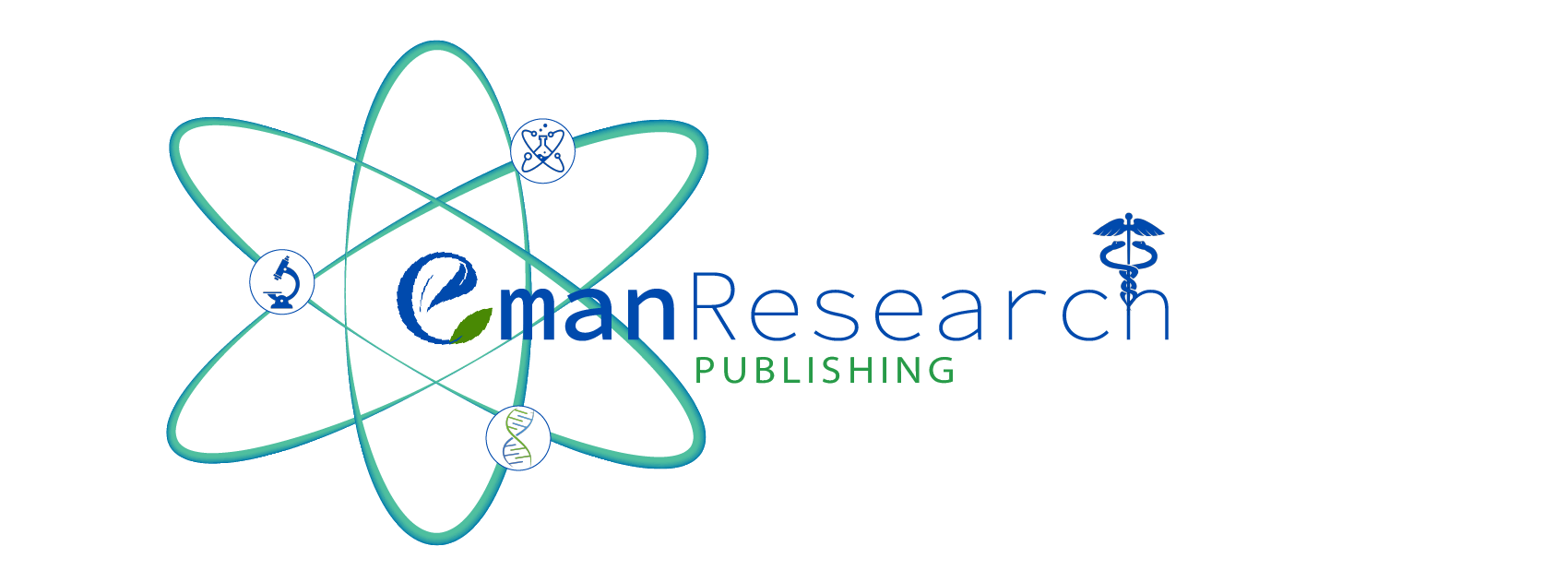Evaluation of the Cytotoxic Potential of the Crude Extracts from Marine Microalga Isochrysis sp.
Umme Tamanna Ferdous1, Armania Nurdin2,3, Saila Ismail4, Khozirah Shaari5,6, Zetty Norhana Balia Yusof 1,4,7,*
Journal of Angiotherapy 6(3) 723-724 https://doi.org/10.25163/angiotherapy.6342C
Submitted: 24 December 2022 Revised: 24 December 2022 Published: 24 December 2022
Abstract
Introduction: Breast cancer is the most diagnosed cancer worldwide. Due to the side effects and drug resistance of chemotherapeutic drugs, a search for alternative anticancer agents from natural sources, especially marine sources, is warranted. Isochrysis sp. is a marine microalga that produces a wide range of pharmaceutically important metabolites but there is a lack of data about the cytotoxic activities of this microalga. Hence, this research is planned to investigate the cytotoxicity of marine Isochrysis sp. crude extracts against a human breast cancer cell line (MCF-7) and to evaluate its mode of cell death. Method: Freeze-dried Isochrysis sp. biomass was extracted with eight solvents with different polarities through sonication and maceration. The algal extracts were evaluated for their cytotoxic effect at 100 µg/mL concentration against the MCF-7 cell line using MTT assay. The most cytotoxic extract of Isochrysis sp. was further investigated for apoptosis induction in MCF-7 cells through flow cytometry and RT-PCR. Results: Among eight extracts, the ethanol extract of Isochrysis sp. reduced the cell viability of MCF-7 cells to 7.24 ± 0.47% after 72 hours of incubation, at a concentration of 100 µg/ml. The IC50 (half maximal inhibitory concentration) value was 13.37 ± 0.59 µg/ml after 24 hours in MCF-7 cells and >100 µg/ml in non-cancerous human lung fibroblast cells, MRC-5. Morphological observation under a light microscope revealed cell shrinkage, condensation of cellular contents, and membrane blebbing in treated MCF-7 cells compared to untreated cells. The Annexin V-FITC and PI staining analysis confirmed that the mode of cell death is mainly apoptosis. Cell cycle analysis revealed the accumulation of cells in the sub-G1 phase and G2/M arrest. An up-regulation of the proapoptotic Bax gene and tumor suppressor p53 gene was observed through RT-PCR. Conclusion: The data suggest that crude ethanolic extract from marine Isochrysis sp. has induced apoptosis in MCF-7 and may have potential therapeutic value for human breast cancer.
Keywords: Apoptosis, Cytotoxic, Isochrysis sp., Marine microalgae, MCF-7
References
View Dimensions
View Altmetric
Save
Citation
View
Share


